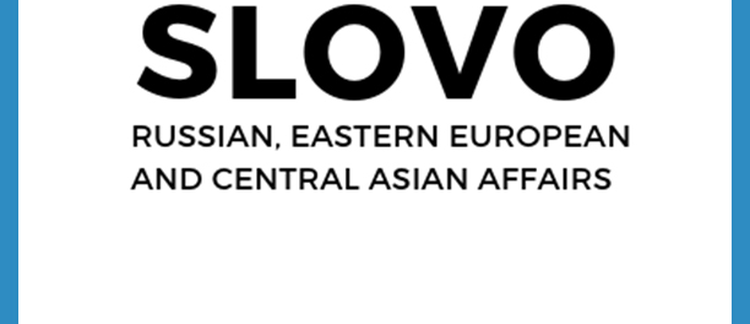Abstract
To download this article, click here.
The second Law and Justice (PiS) government, in power in Poland since 2015, reintroduced memory politics atop the policymaking agenda. However, within its strategy, mnemonic policymaking has reached beyond historical policies and commemorative initiatives. PiS represents a new, previously unseen, radical type of mnemonic actor - a memory excluder. It has used politics of the past not instead of politics of the present, but as its integral part - thus past, present, and future blur into one. Most of all, it has consciously enlarged the scope of collective memory dispute in Polish society, incorporating chronologically more distant events, policymaking dimensions previously never examined from the angle of memory, and more local and personalised instances of collective memory narratives. This paper aims to explain the mnemonic tactics of the second PiS government, proposing two novel concepts for the field. First, it defines the memory excluder as a new type of mnemonic actor, and later it explains its demeanours through a complex, three-dimensional model of enlarging the mnemonic conflict. This will be done using available evidence, examples, and ethnographic research on memory politics implemented in Poland in the years 2015-2017.
How to Cite:
Mazzini, M., (2018) “A Three-Dimensional Model of Enlarging the Mnemonic Conflict: The Case of Poland Under Second Law and Justice Government”, Slovo 31(1).

